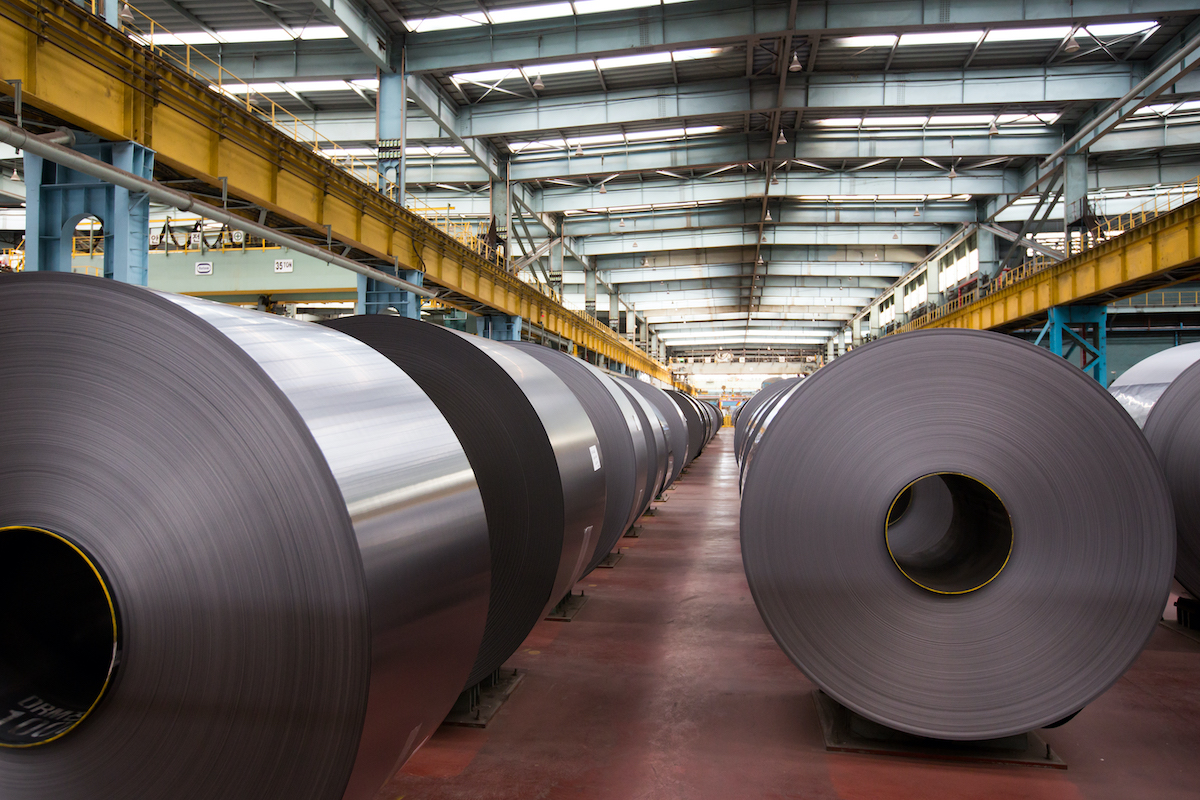A reduction in working hours and closures of key facilities at major European mills could be a move welcomed by the wider market. Until recently, various players suggested output cuts would be best to synchronise sluggish demand and supply.
“Apparently, the mills have not yet succeeded in bringing output into balance with demand, although they have taken good measures to cut production seriously,” a Dutch manager observes. A German manager concurs that mills ought to bring down volumes to be able to assert price increases. “I wish for a controlled slowdown [of production], which would help to stop the volatility,” he tells Kallanish.
Pretty much all sources at stockholders and steel users do not believe the latest price hikes announced by several mills will be accepted. “There is hardly any demand, all decisions are postponed, and without noteworthy demand the increases do not take effect. So, who cares about prices?” another German buyer asks provokingly.
Other market players agree. “Here and there, we see mills making offers for spot quantities to very large consumers at extremely low prices,” another Dutch source observes. “It confirms our impression that steelmakers have relatively few orders,” and are trying to keep their facilities running.
Although he does not give figures, this suggests that deals for hot rolled coil below €750/tonne ($747) are occurring. The minimum of €800/t targeted by mills is currently still the maximum payable level, if that. For hot-dip galvanized coil, players see the range from €930/t to €980/t.
A manager at a fabricator that buys from service centres (SSCs) tells of offers from mill-owned SSCs that were €100/t above those of independent SSCs. “It pays to ask twice,” he says.
Christian Koehl Germany






